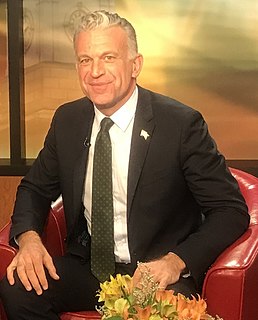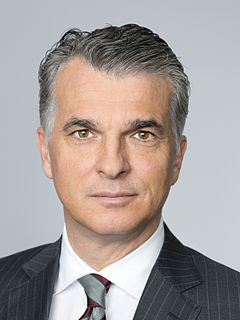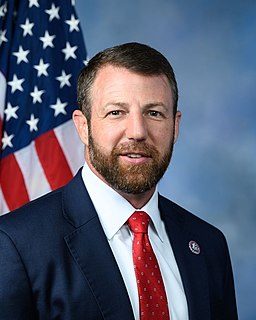A Quote by Gary Weiss
When it comes to making laws that protect the public from the financial services industry, Congress has done a progressively worse job since the Pecora Commission hearings of the early 1930s, which led to Congress taking bold steps to regulate banking and securities firms in 1933 and 1934.
Related Quotes
The money problem facing the country from 1789 to 1896 existed because Congress never exercised is authority to "coin money or regulate the value thereof" - but rather delegated that authority, sometimes by charter and sometimes by default, to the banking system. This despite the provision in the Constitution that charged Congress with the power to 'coin money, regulate the value thereof, and of foreign Coin, and fix the Standards of weight and Measures.'
When I started acting in the film industry when I was 16 years old, in 1980, I was going to all the revival theaters in Los Angeles. They were playing mostly films from the '60s and '70s, some from the early '20s and '30s, before that Hays commission. Those films did question things a lot, and there definitely was a switch in 1934. You can see very distinctly in 1934, it's harder to understand what the real culture was. Films made before 1934, you can really kind of see the racism, sexism, drug use, etc. that was going on at that time. And then it was all stopped.

































